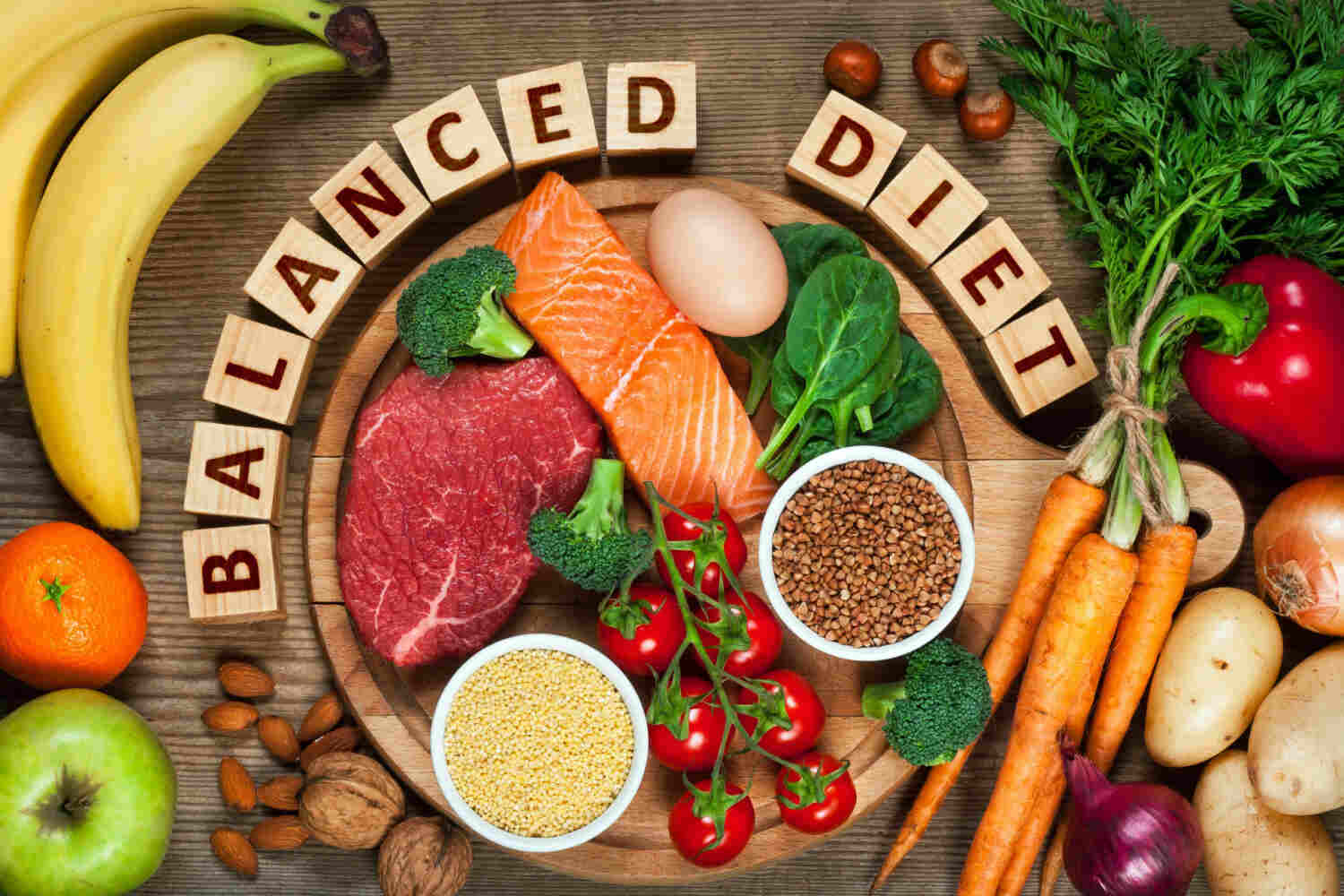
Ask any mother about the struggle to make their toddler eat healthy and they can fill you up with endless stories. Maintaining a balanced diet for toddlers is as difficult as it is important. Despite all the efforts, the changes in colors, presentation, and the stories built around a food item, some toddlers can be experts in avoiding such foods.
Today, with the onslaught of information overload, it is quite difficult to determine what is exactly healthy for your toddler. There are so many new items on the list to consider giving your toddler. Read on to know what nutrients are important to include in a balanced diet for toddlers.
In This Article
- What is a Balanced Diet For Toddlers?
- How Much Should my Toddler Eat?
- Important Nutrients to Include in Balanced Diet For Toddlers
- What Are The Major Food Sources For These Nutrients?
- What Are The Benefits of a Balanced Diet For Toddlers?
- FAQ’s
What is a Balanced Diet For Toddlers?
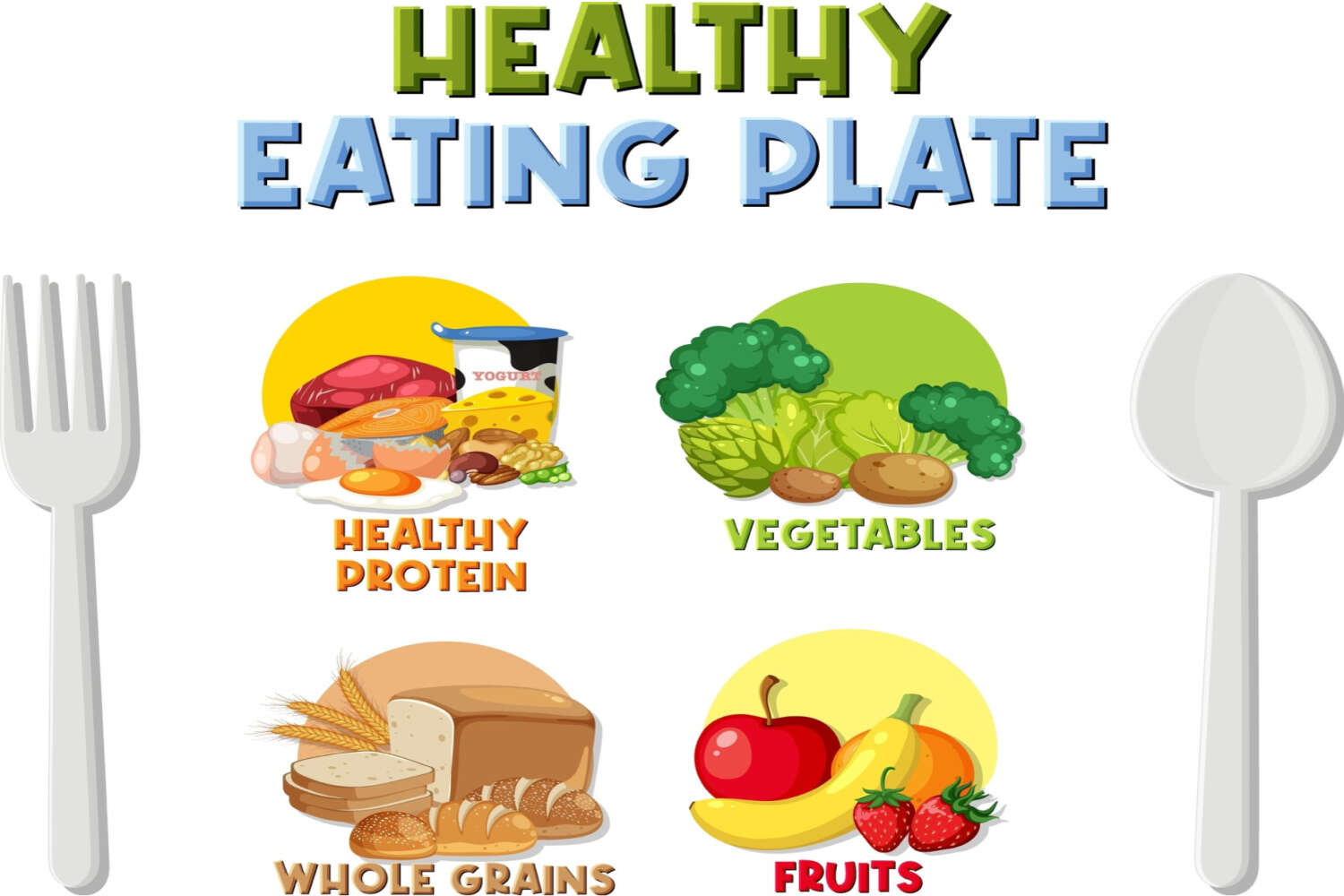
A balanced diet for a toddler is very similar yet very different from a balanced diet for adults. While toddlers need all the nutrients just like adults, they can’t process them the same way. Their little bodies need time to process and absorb all the nutrients effectively.
A balanced diet should contain all essential nutrients for the smooth functioning and healthy development of the body. A toddler is constantly growing and developing new skills. Their body needs all the nutrients and energy to support this development.
A balanced diet for a toddler should include all five food groups – fruits, vegetables, grains, protein, and dairy (1). Including all five groups of foods in a toddler’s regular diet will ensure healthy growth to attain all age-appropriate milestones.
How Much Should My Toddler Eat?
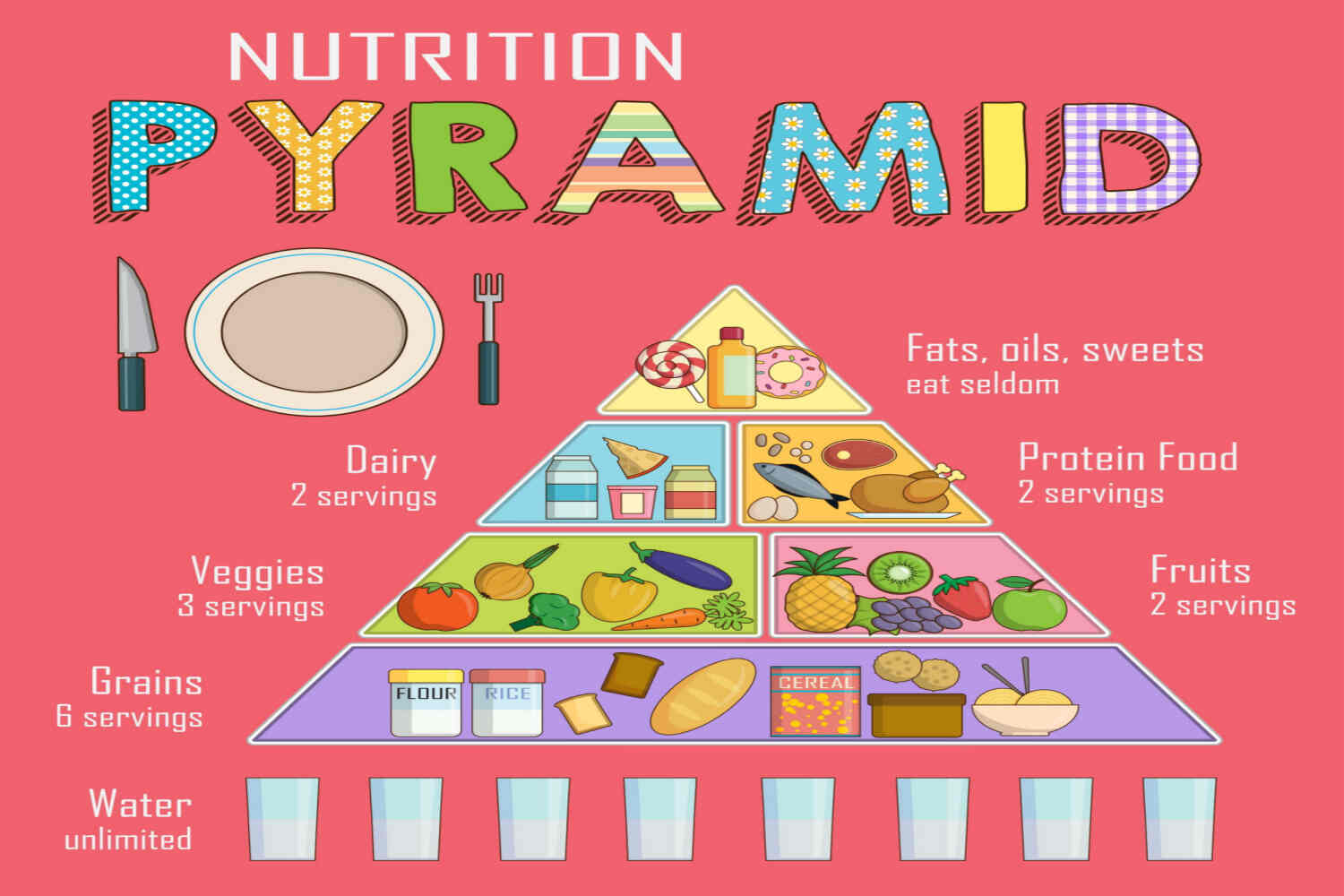
Have you ever noticed how the elders always seem to say your toddler is eating very little? Anytime you see another toddler enjoying their food and eating well, you seem to wonder if your toddler eats as much. No, there is no shame in wondering that. Many parents worry their toddler does not eat much.
The truth is toddlers can be fussy eaters and waste a lot of food or eat frequent meals. As a result, you may not actually know if your toddler is eating enough.
So, how much should your toddler eat? A toddler can eat about 3 meals and 2 snacks a day apart from liquid intake. There is no specification about what to give and when. You can offer fruits and vegetables as part of the main meal or as a snack too. Similarly, you can offer dishes made from grains, for a snack too.
According to the American Academy of Pediatrics (2), you should ensure your toddler receives the following-
- 250 calories of grains split into 6 servings
- 75 calories each of vegetables and fruits split into 2 to 3 servings
- 300-450 calories of dairy split into 2 to 3 servings (milk, cheese, yogurt)
- 200 calories of protein split into 2 servings
- 200 calories of legumes split into 2 servings
The above-mentioned quantities are just an approximation. You can give your toddler a little more or fewer calories depending on their height, weight, size, and physical activity. Do not starve your kid because they are asking for more than the mentioned calories or force feed them to increase their intake.
Important Nutrients to Include in Balanced Diet For Toddlers
What you feed your toddler in the first two years of their life is very crucial for their growth and development. It can set the tone for their overall health and prevent deficiencies. Some of the important nutrients your toddler’s diet should include are-
1. Vitamins and Minerals
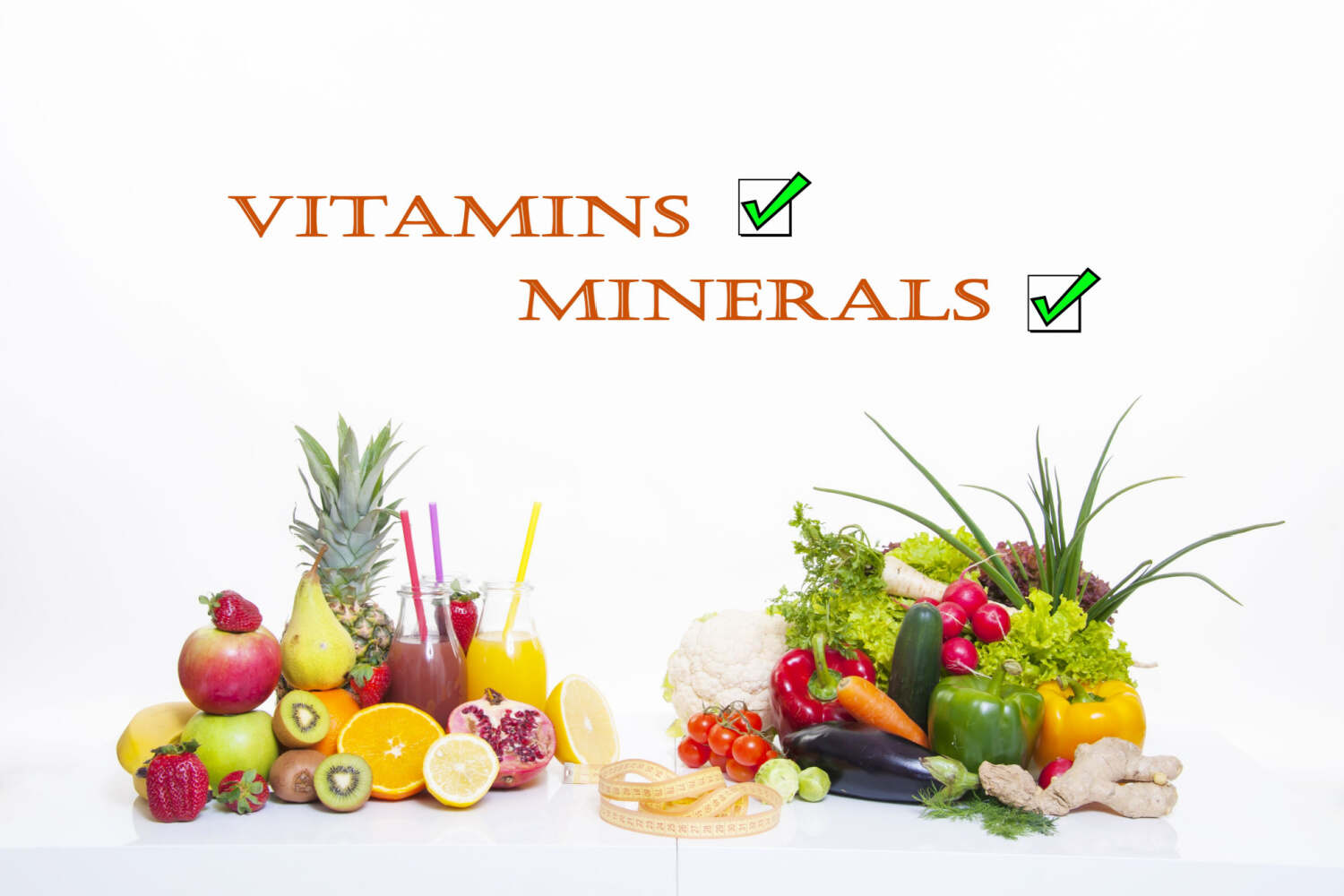
A toddler’s developing body needs vitamins and minerals to build bones, develop the nervous system, maintain heart health, and even produce various hormones.
2. Proteins
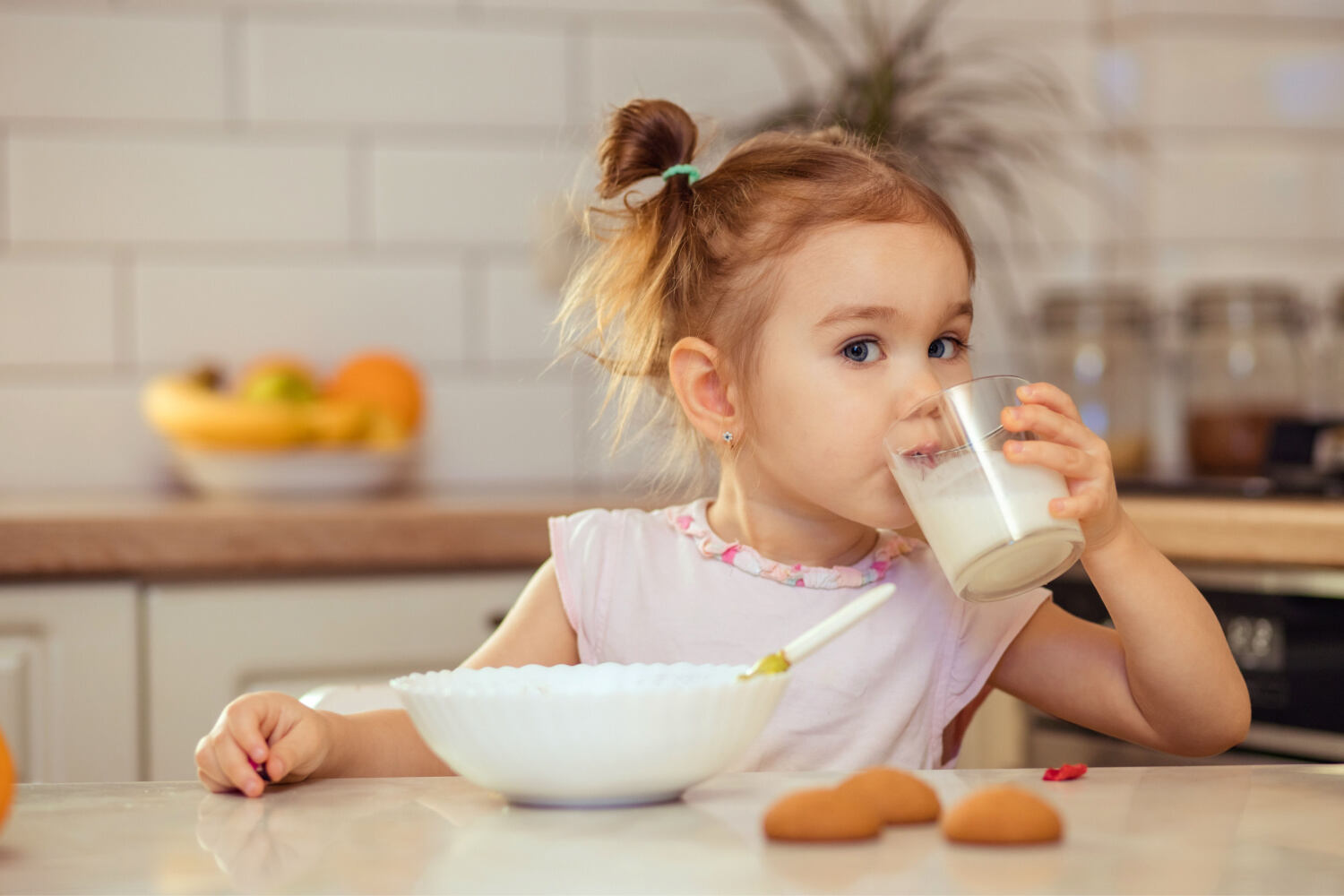
Proteins help in age-appropriate growth and development. It helps in building and repairing every cell in the body, including muscles, tissue, skin, hair, and even the nails. It also aids in developing the immune system.
3. Carbohydrates

Carbohydrates provide a steady source of energy – something an active toddler needs. It also provides a steady supply of glucose which fuels a toddler’s brain and helps them learn and absorb information (3).
4. Vitamins A, B, C, And D
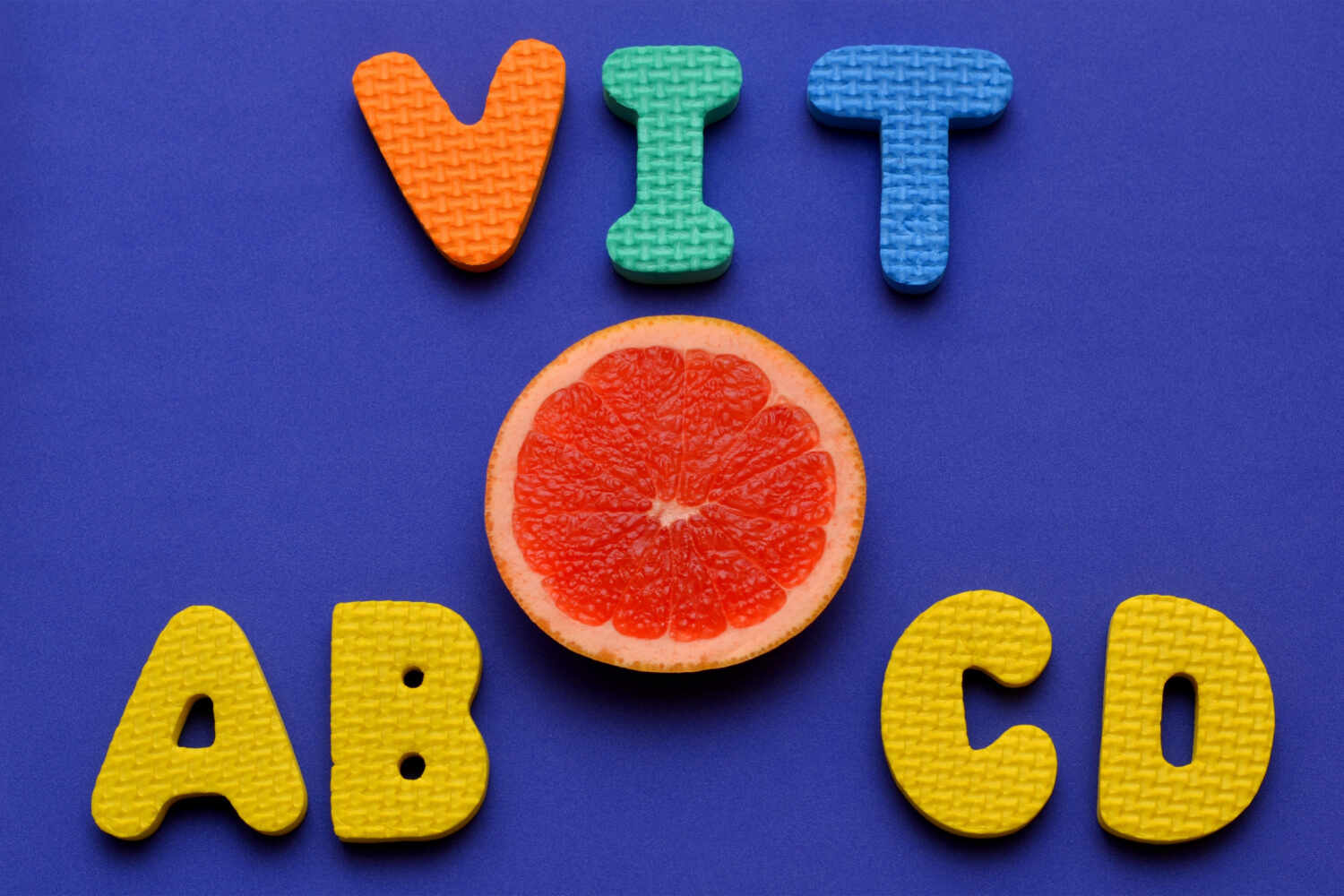
Growing children and toddlers need a constant supply of vitamins A, B, C, and D for their heart health, nervous system, brain functioning, metabolism, and energy for various activities (4a). While vitamin A is important for eye health, vitamin D is very important for bone health. Vitamin C strengthens the immune system, protecting the toddler from various infections.
5. Iron

Iron is important in producing red blood cells that carry oxygen to various parts of the body. A toddler needs a good oxygen supply for their physical and mental development. Iron deficiency can make children feel weak, and tired and even result in developmental delays or anemia (5a).
[Read : Top 5 Best Iron-Rich Foods For Toddlers]
6. Calcium

Calcium is very important for the development and strength of a toddler’s bones and teeth, as well as the efficient functioning of their nervous system. Not getting enough calcium at a young age can lead to bone loss and bone-related problems as they get older (6).
[Read : Top 5 Best Calcium Rich Foods For Toddlers]
7. Iodine
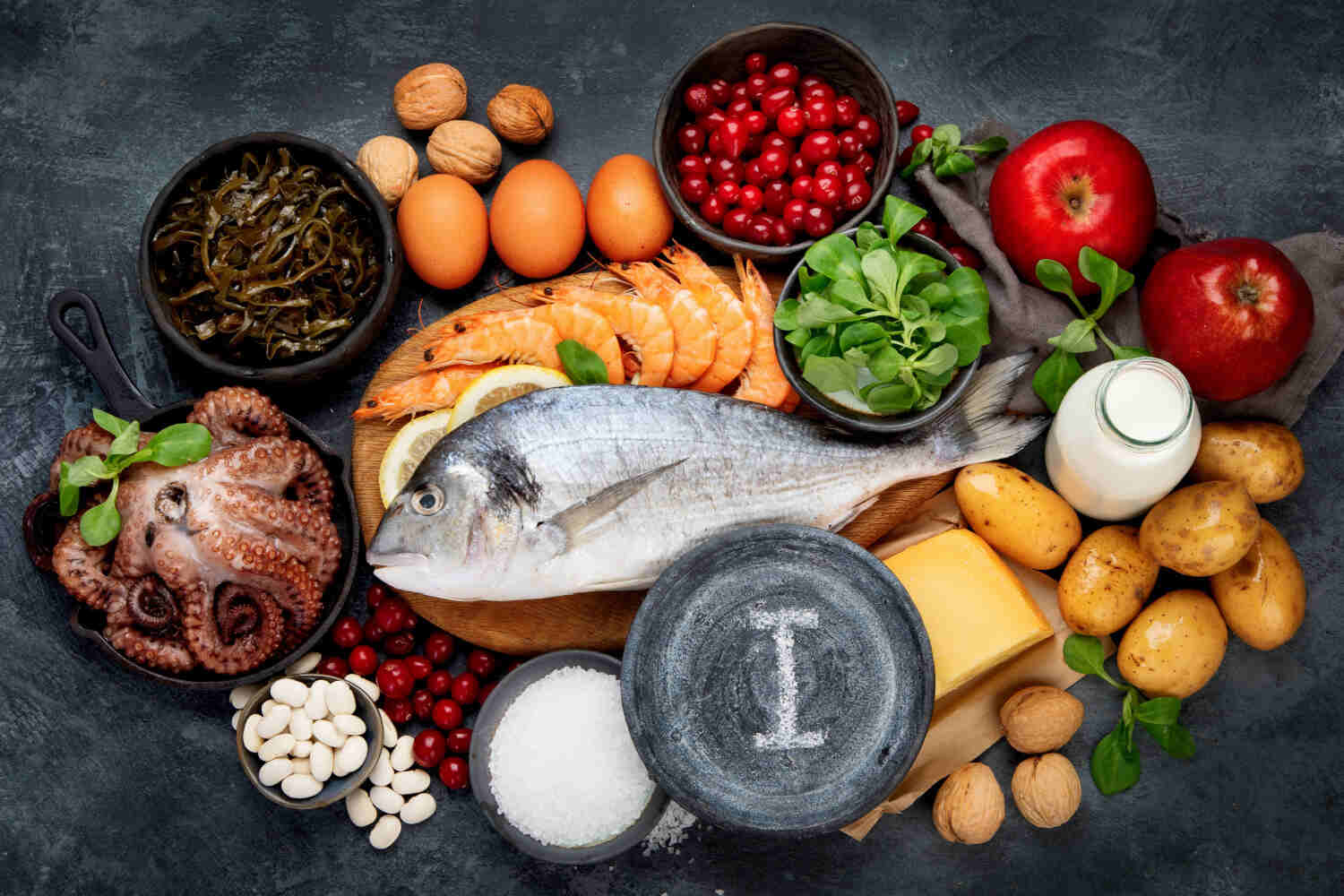
Iodine is very crucial for a toddler’s physical and mental development. An iodine deficiency can lead to stunted growth and low IQ (7).
What Are the Major Food Sources For These Nutrients?
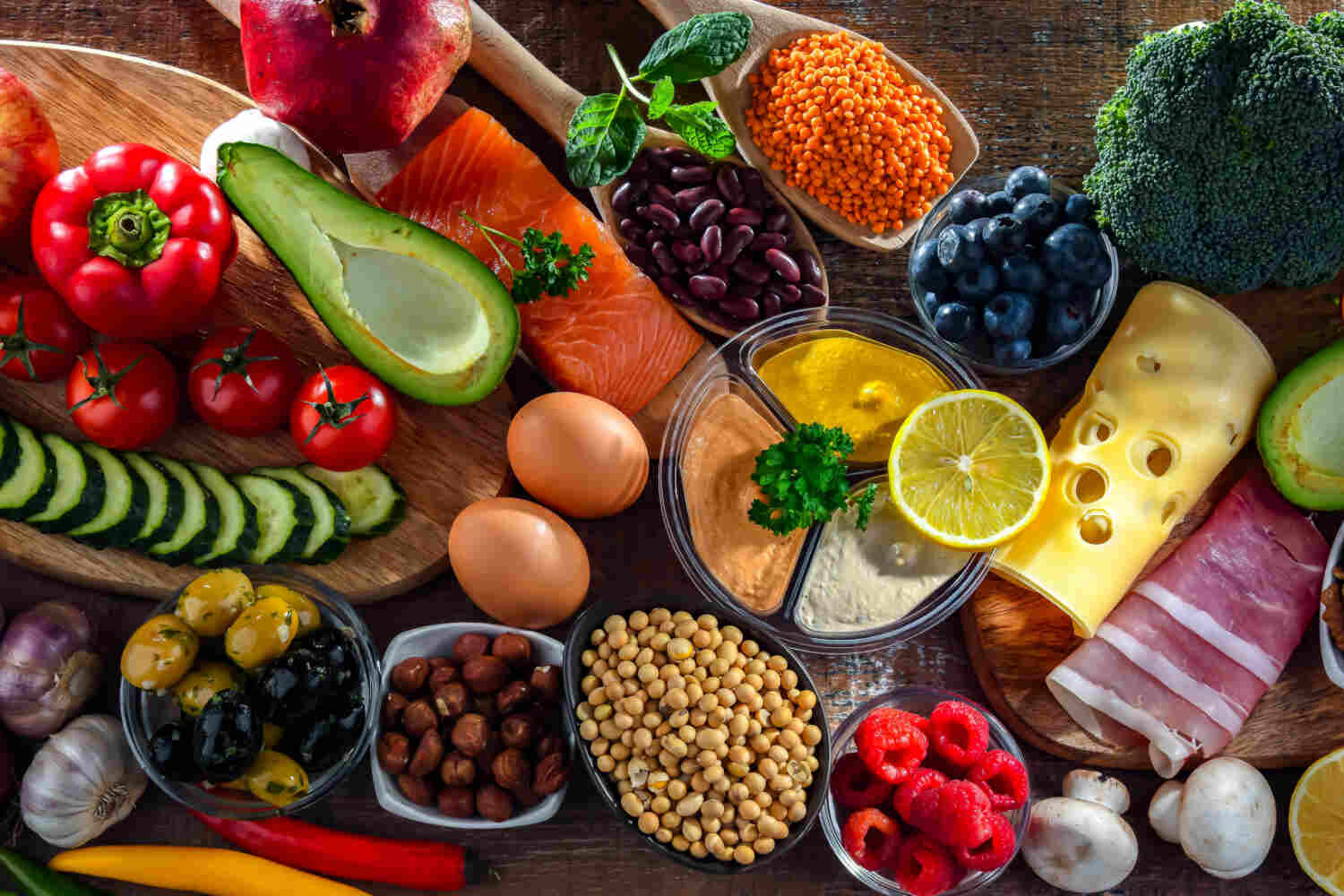
The next question on every parent’s mind is – “Where do I get all this? How do I include all these nutrients in my kid’s diet?” Don’t worry, we have a list of easy-to-access food sources for the nutrients listed above.
| Nutrients | Easy-to-Access Food Sources |
| Minerals | Nuts, seeds, cauliflower, Brussels sprouts, eggs, beans, avocado, berries, bananas, starchy vegetables, ancient grains, and sardines (8) |
| Proteins | Almonds, red kidney beans, nut butter, quinoa, broccoli, chickpea, green peas, soy milk, and lean meat (9) |
| Carbohydrates | Rice (white and brown), wheat, oats, bread, bananas, sweet potato, pumpkin, and root vegetables (10) |
| Vitamin A | Green leafy vegetables, carrots, pumpkin, sweet potato, apricots, liver, salmon, tuna, and full-fat milk (11) |
| Vitamin B | Nuts, whole grains, fish, meat, eggs, legumes, soybeans (4b) |
| Vitamin C | Citric fruits, colored peppers, broccoli, and potatoes (4c) |
| Vitamin D | Butter, fish, cod liver oil, egg yolk, and cheese and dairy products (4d) |
| Iron | Dried legumes, spinach, beans, peanut butter, dates, beetroot, ragi and bajra (5b) |
| Calcium | Milk, yogurt, cheese, green leafy vegetables, tofu and ragi. If your child is allergic to dairy, you have many non-dairy sources of calcium too. (12) |
| Iodine | Vegetables grown in iodine-rich soil, seafood, and iodized salt (13) |
What Are the Benefits of a Balanced Diet For Toddlers?
What is all the fuss about a balanced diet for toddlers? Can’t you let a fussy eater remain picky? Don’t they have the rest of their lives to eat healthy and be cautious? The answer is No. What your child eats in the initial few years of their lives can shape their health for the rest of their lives.
Malnourishment and micronutrient deficiencies are major causes of many diseases in young children. This is why UNICEF and WHO focus a lot on infant and young children’s nutrition. Some of the benefits of a balanced diet are as follows-
1. Brain Development
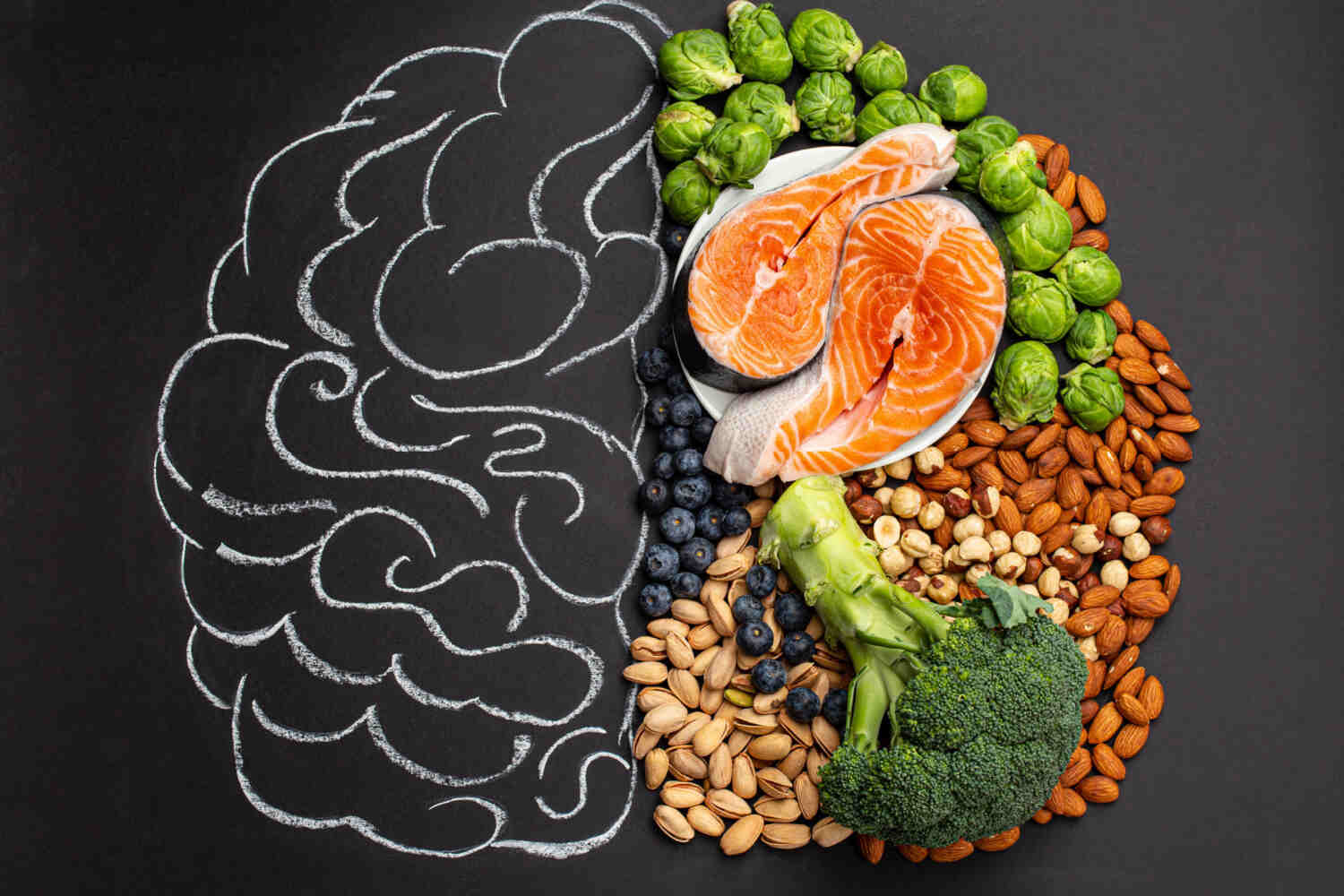
A balanced diet will ensure your toddler receives sufficient quantities of essential nutrients. This in turn facilitates healthy brain development. According to CDC, brain development in the first eight years of a human’s life can build a strong foundation for future learning, health, and success in life.
2. Healthy Growth

A balanced diet for toddlers will help in the overall growth of the bones, maintaining muscles, good skin, hair, and teeth. Getting the right nutrition at a young age will ensure the health of the various body parts can be sustained as the toddler grows into an adult.
3. Boosts Immunity
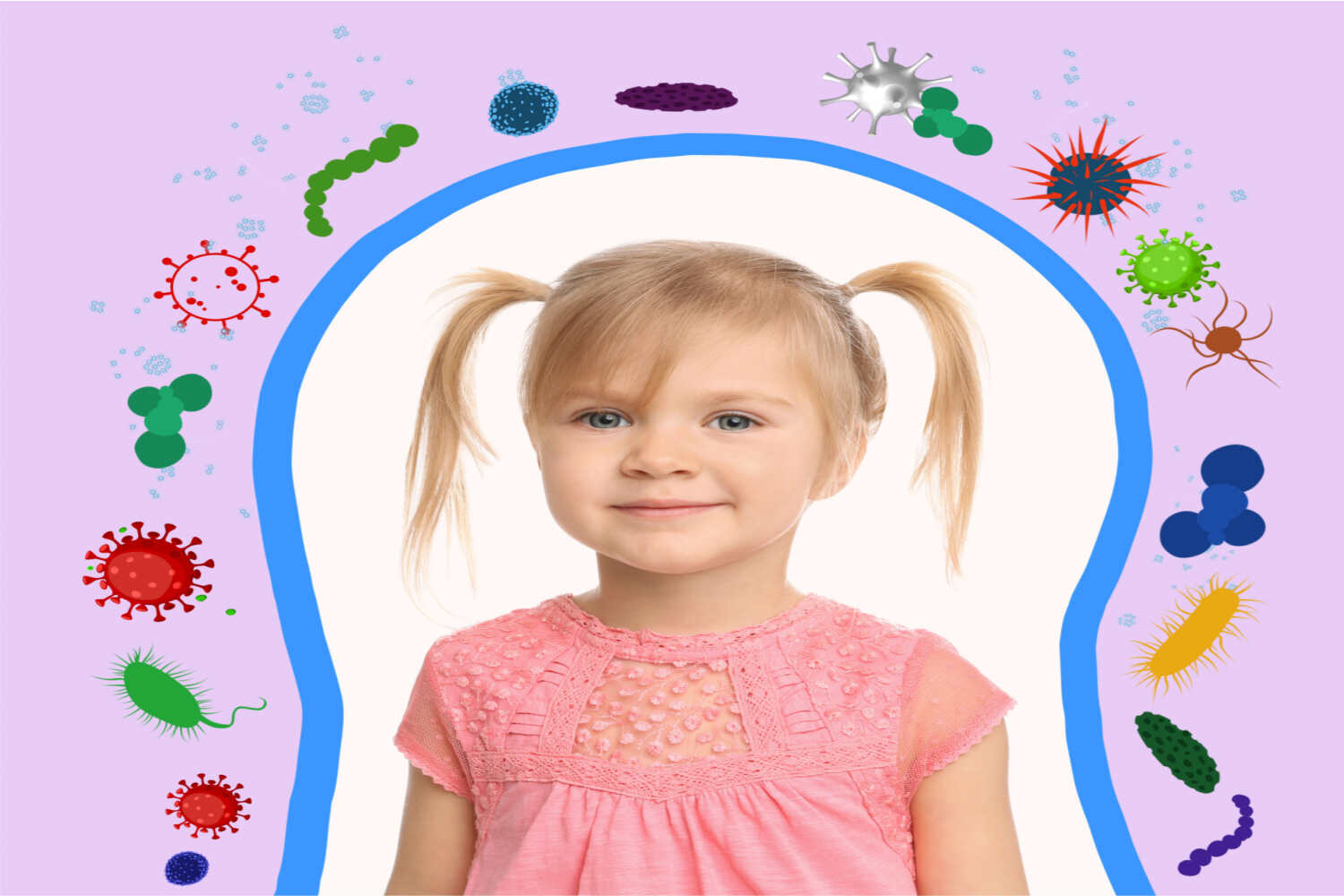
Kids have very poor immunity. Their immune system is still immature and is learning to defend the body. Giving it the required micro and macro nutrients along with all other essential nutrients will help build a strong immune system.
[Read : Boosting Immunity in Toddlers -Tips For Parents]
4. Achieve And Maintain Ideal Weight
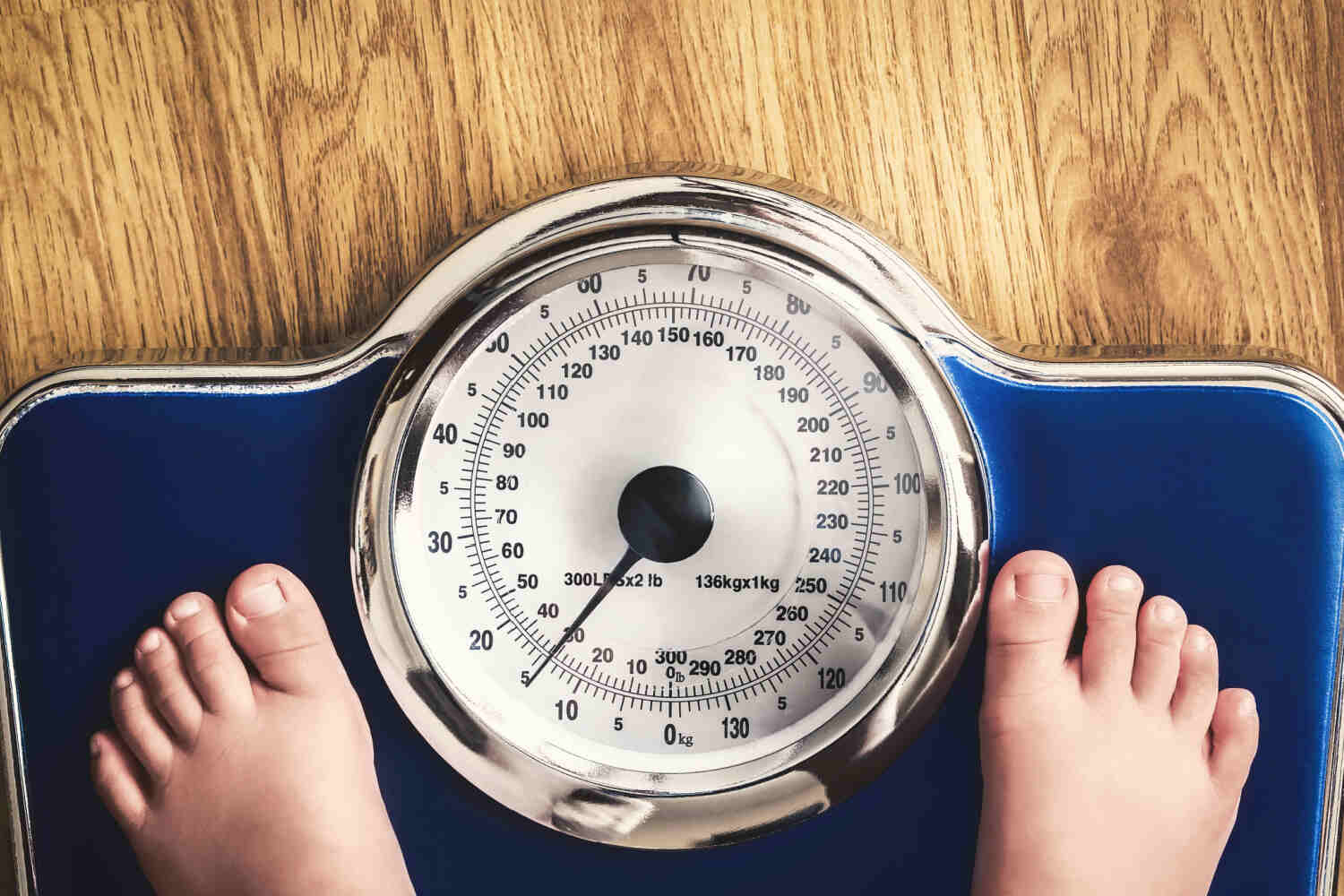
A balanced diet in younger years can even improve a toddler’s low birth weight. Maintaining the ideal weight is important for proper age-appropriate growth and development in a child. Parents need not resort to supplements or weight-gaining concoctions, just a balanced diet will suffice.
5. Supports Digestion And Gut Health
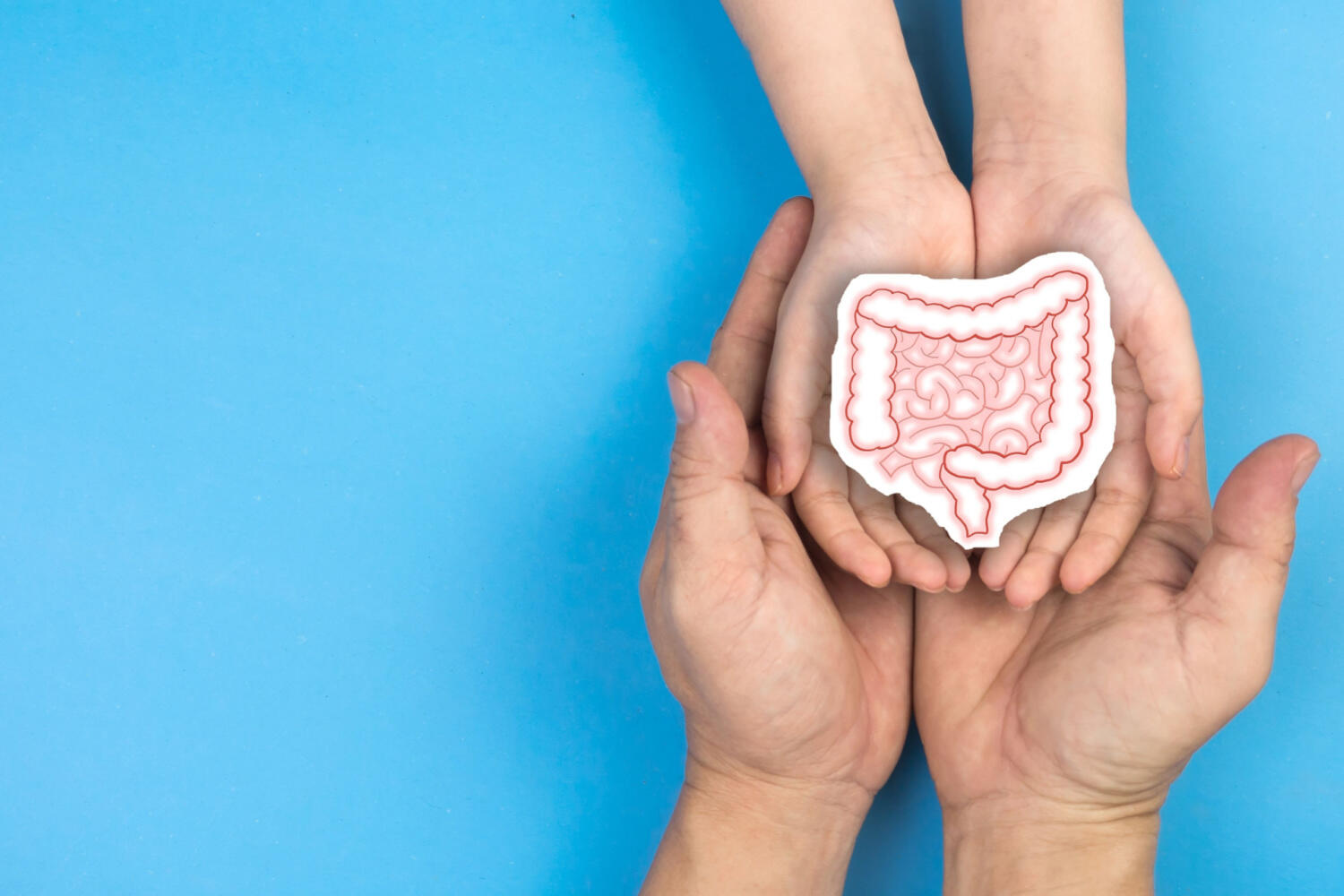
Following a diet that contains all the important vitamins, minerals, and sufficient fiber will ensure your toddler’s digestion is smooth. Good digestion helps in better absorption of nutrition. Good gut health will help improve immunity and keep many infections and diseases at bay.
A balanced diet for toddlers is very important. Toddlers require all the nutrients for their overall development when they are young. Though it can be challenging, with a little effort, planning, and some effective tips, you can ensure your toddler gets all the essential nutrients regularly.
FAQ’s
1. What Foods Can Toddlers Not Eat?
Junk and processed foods are a big NO for toddlers. Among the healthy and safe foods, you should avoid giving small-sized foods that your toddler might swallow as a whole, leading to choking. Foods like whole grapes, nuts, popcorn, cherries, or seeds can cause choking (14).
2. How Many Portions Should a Toddler Eat in a Day?
According to the American Academy of Pediatrics, toddlers should consume about 6 portions of grains, 2 or 3 portions each of vegetables, fruits, legumes, protein, and dairy.
References
- Nutrition in Toddlers – [https://pubmed.ncbi.nlm.nih.gov/30215978]
- Serving Sizes for Toddlers – [https://www.healthychildren.org/English/ages-stages/toddler/nutrition/Pages/Serving-Sizes-for-Toddlers.aspx]
- Carbohydrates – [https://medlineplus.gov/ency/article/002469.htm]
- Vitamins – [https://medlineplus.gov/ency/article/002399.htm]
- Iron – [https://www.cdc.gov/nutrition/infantandtoddlernutrition/vitamins-minerals/iron.html]
- Calcium: The Bone Builder Kids & Teens Need – [https://www.healthychildren.org/English/healthy-living/nutrition/Pages/calcium-the-bone-builder-kids-and-teens-need.aspx]
- Iodine and Mental Development of Children 5 Years Old and Under: A Systematic Review and Meta-Analysis – [https://www.ncbi.nlm.nih.gov/pmc/articles/PMC3705354]
- Vitamins and minerals – [https://www.foodstandards.gov.scot/consumers/healthy-eating/nutrition/vitamins-minerals]
- Protein – [https://www.hsph.harvard.edu/nutritionsource/what-should-you-eat/protein]
- Carbohydrates – [https://www.hsph.harvard.edu/nutritionsource/carbohydrates]
- Vitamin A – [https://www.nhs.uk/conditions/vitamins-and-minerals/vitamin-a]
- Non-Dairy Sources of Calcium – [https://www.urmc.rochester.edu/childrens-hospital/nutrition/calcium.aspx]
- Iodine – [https://ods.od.nih.gov/factsheets/Iodine-HealthProfessional/#:~:text=%2C7%5D.-,Sources%20of%20Iodine,-Food]
Read Also: 5 Tips to Get Your Toddler to Eat Vegetables
